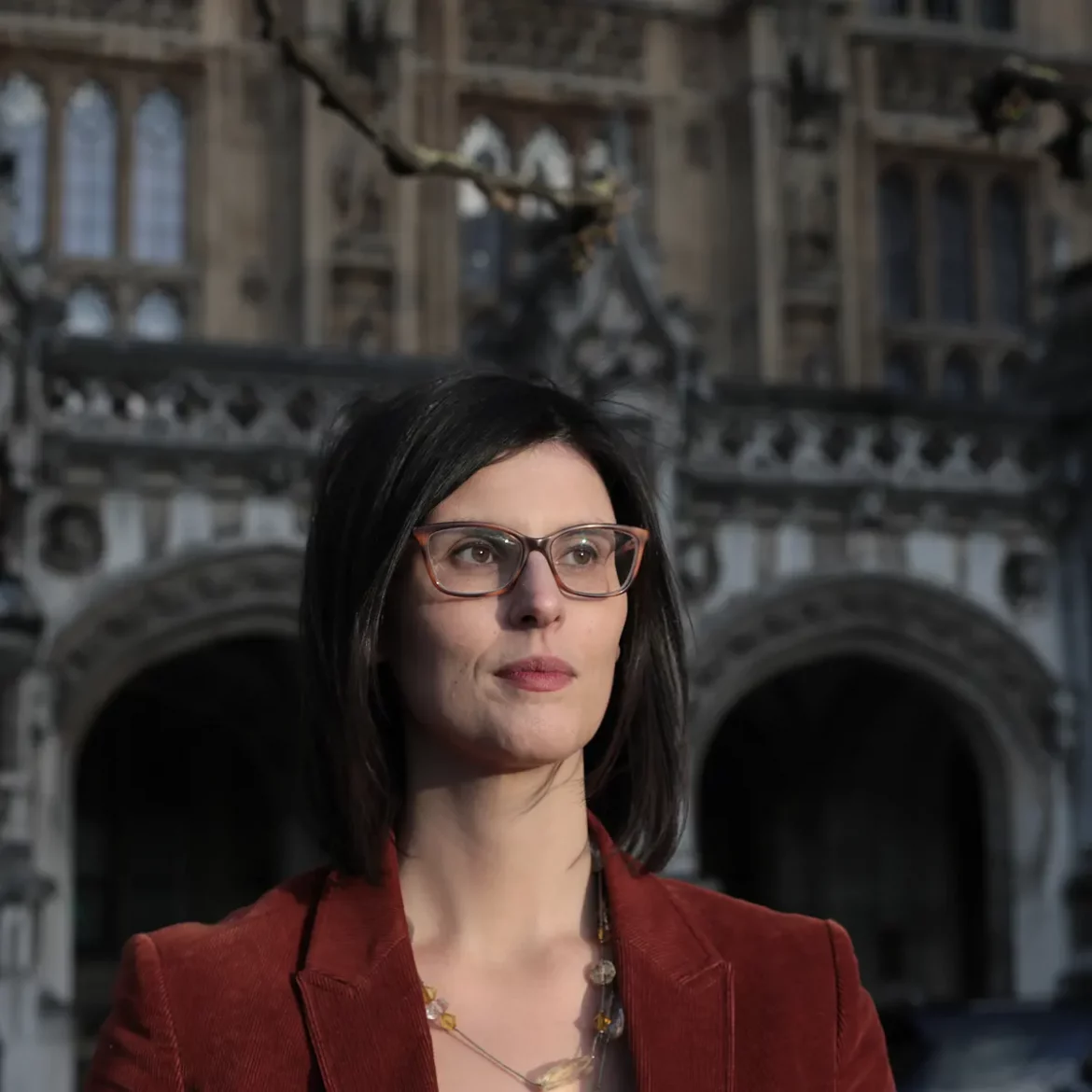Latest reports suggest that the Charity Commission is facing a legal challenge by MPs over its failure to investigate campaigning by a thinktank that questions climate science.
Liberal Democrat MP Layla Moran, Labour’s Clive Lewis and Green MP Caroline Lucas, supported by the Good Law Project, have sent a legal letter to the regulator over an unresolved complaint they made in October 2022.
They have urged the regulator to strip the Global Warming Policy Foundation (GWPF) of its charitable status, arguing it does not meet its aims as a charity and is in fact a lobbying organisation.
After being asked for updates by the MPs, the regulator stated in November 2022, January 2023, February 2023 and September 2023 that it was still in the preliminary stages of assessing the complaint.
Read also: 4.8 magnitude earthquake shakes New York City
The MPs now argue, In a legal letter that the regulator has acted unlawfully in failing to make a timely decision on whether GWPF or its trustees have breached charity law, and, where necessary, what regulatory action it will take. They say the delay is leading to an “unlawful distortion of the public debate regarding the most pressing issue of our time”.
The original complaint accused the GWPF of breaching charity law by spending hundreds of thousands of pounds on one-sided research and passing money to its subsidiary Net Zero Watch to attack policies aimed at tackling the climate emergency.
Net Zero Watch, which is a campaigning platform highlighting what it calls the “costs of net zero”, was set up after a previous investigation by the Charity Commission found that the GWPF had breached rules on impartiality.
Among other things, the complaint claims that money from the charitable foundation is funding non-charitable lobbying work by its campaigning arm. Net Zero Watch has lobbied MPs by providing briefings questioning climate policy. The Good Law Project has pointed out that the GWPF benefits from tax breaks as a charity, so money passed on to Net Zero Watch for campaigning purposes could have avoided being fully taxed.
Story was adapted from the Guardian.
